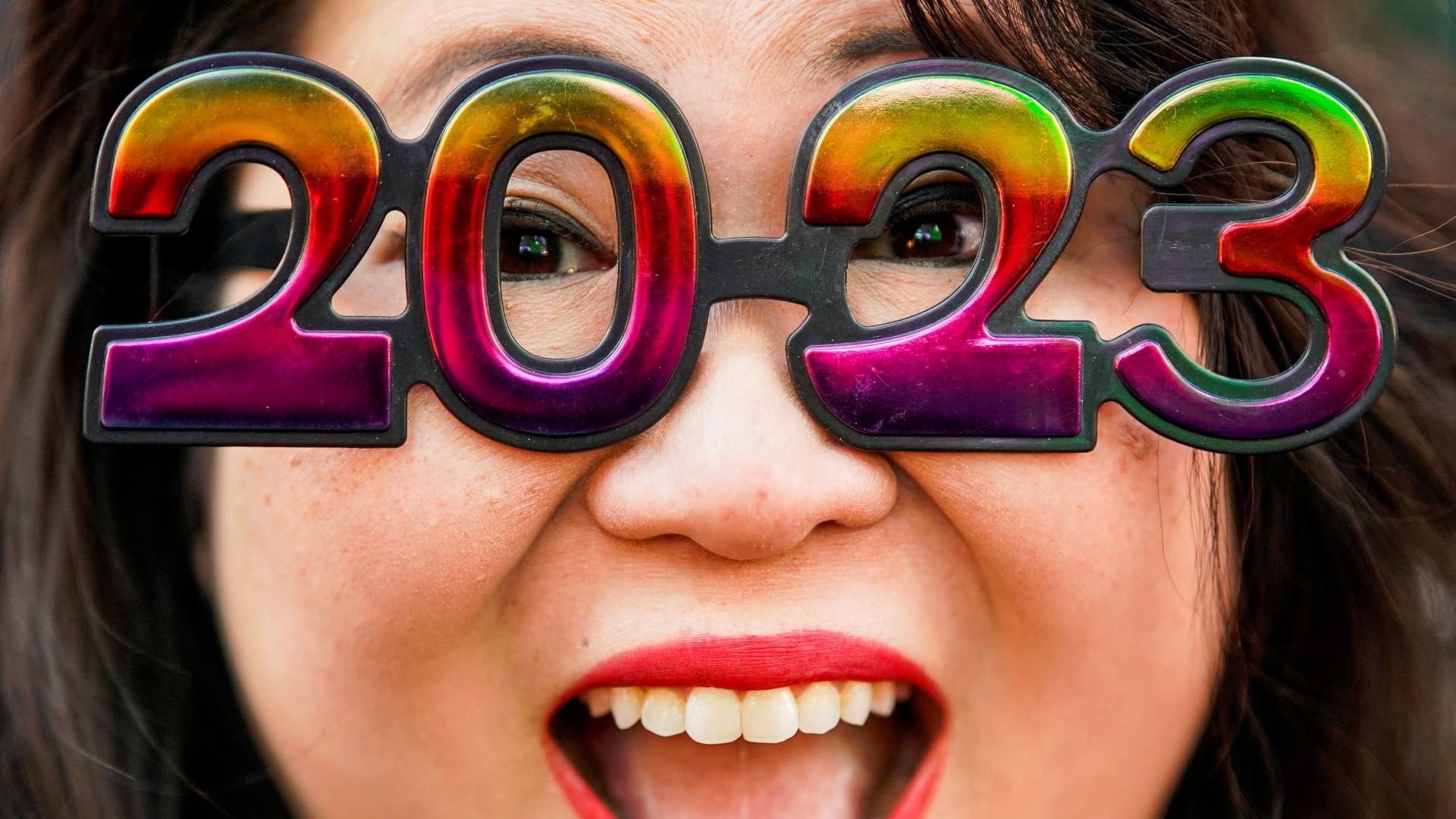- Prosperaptitude
- Posts
- New Year's Resolutions: Should You Even Bother?
New Year's Resolutions: Should You Even Bother?
How should goals be set?
Welcome back to Prosperaptitude. If you’ve ever wanted to become a better version of yourself, you’re in the right place!
Are you considering a New Year’s resolution?
As the calendar year draws to a close, the familiar buzz of New Year's resolutions begins to fill the air. But amidst the excitement, a question remains: should we even bother with resolutions at all?
Is this annual ritual of goal-setting merely a well-intentioned, yet ultimately futile, exercise in wishful thinking? Or does it hold the key to unlocking genuine and lasting change? Let's explore the merits and pitfalls of resolutions. So grab your metaphorical champagne flutes and raise a toast to introspection, as we embark on a journey to discover the true value of New Year's resolutions.
The case for resolutions
In 2022, 35% of people were able to stick to their goals, so there is something to be said for starting anew. Resolutioners tend to think of their lives as chapters with the new year as the start of a new chapter.
The “Fresh Start” effect is a real phenomenon where people see a new division of time as an opportunity to start new habits, and, as it turns out, an attempt to start a new habit has a higher probability of success than trying to stop an old one. Knowing this, you can turn a resolution such as the cessation of smoking into something where you’re starting a new habit, such as chewing more nicotine gum or chewing on toothpicks. This way, you’re not actively looking to “remove” something from your life but you would smoke less if you were chewing gum or toothpicks.
If you decide to set a resolution, learn to be more forgiving if you initially fail. Just because it didn’t happen as you had planned this week doesn’t mean the same thing will happen next week.

Is it really worth it?
People who fail at achieving their resolutions are generally unaware of their subconscious processes. In other words, they do not understand or know of their thought processes which might be obstacles to lasting change.
A Harvard expert suggests the following to overcome these subconscious forces:
Identify your actual goal and what you need to do to achieve it.
Identify the behaviors that are currently preventing you from reaching your goal.
Identify the hidden assumptions that are driving your resistance to change.
Test these assumptions and create a new way of thinking about your goal.

On a personal level, I have never been one to set New Year’s resolutions because goals can be set and achieved at any time. Every single day is the start of a new chapter in my opinion but to each his/her own. Regardless of which camp you fall into, keep setting and achieving goals. After all, that’s why we’re here, isn’t it? Have a happy and healthy new year!
The writer has two graduate degrees: one being in mental health counseling.
Please visit our sponsors:
References:


Reply